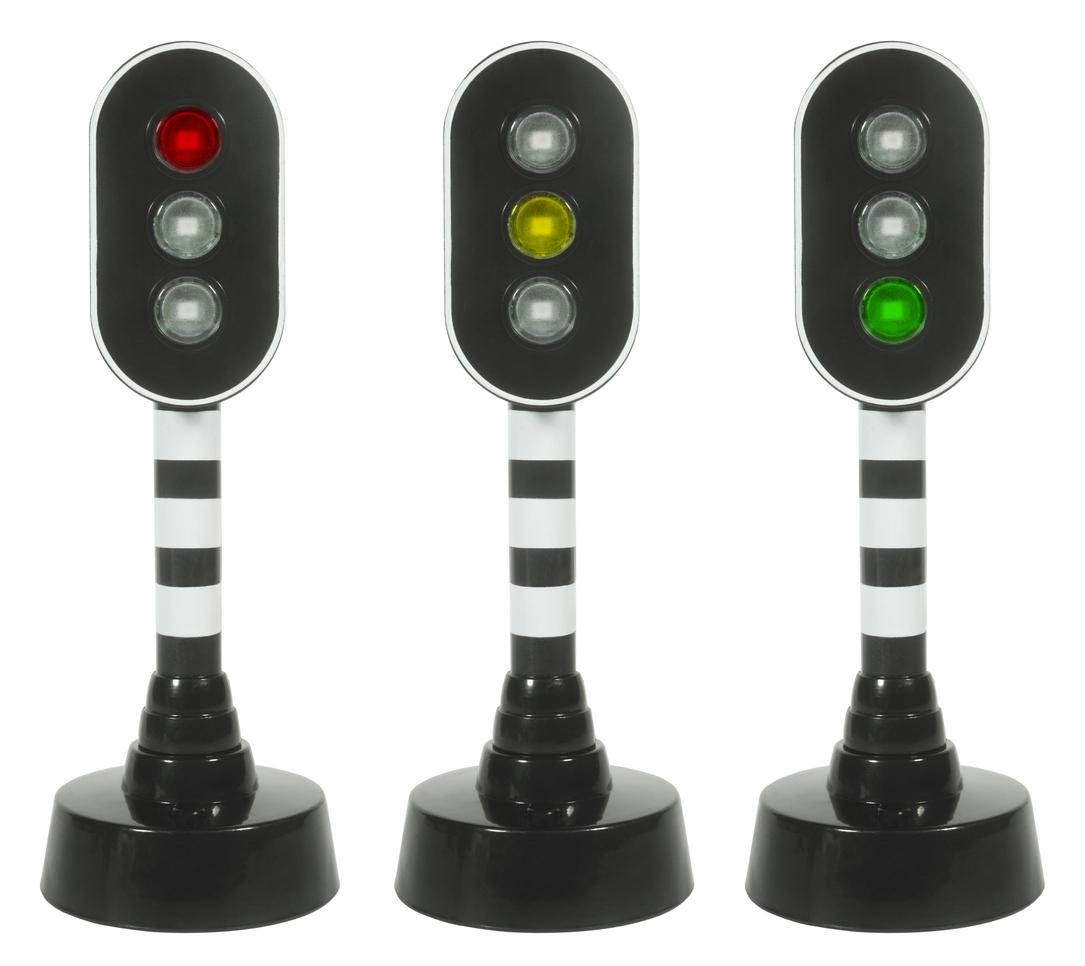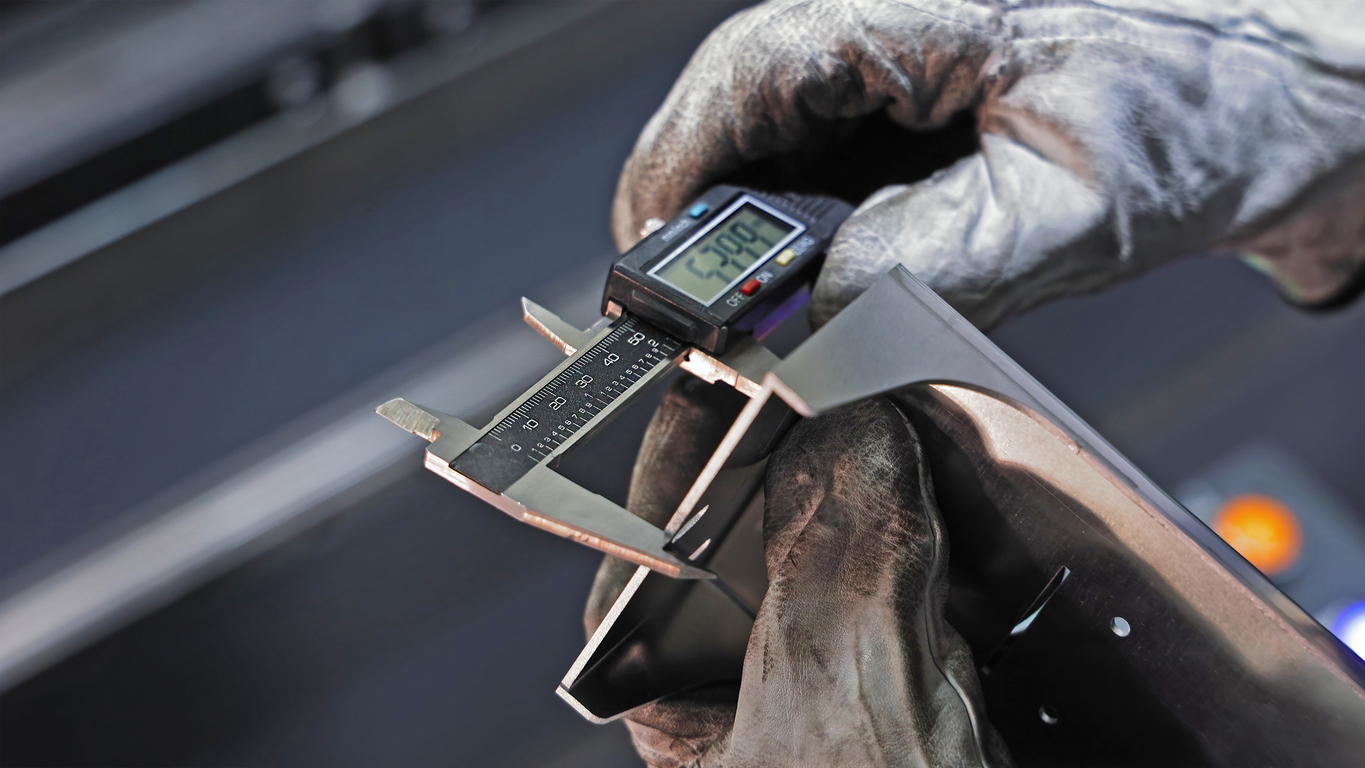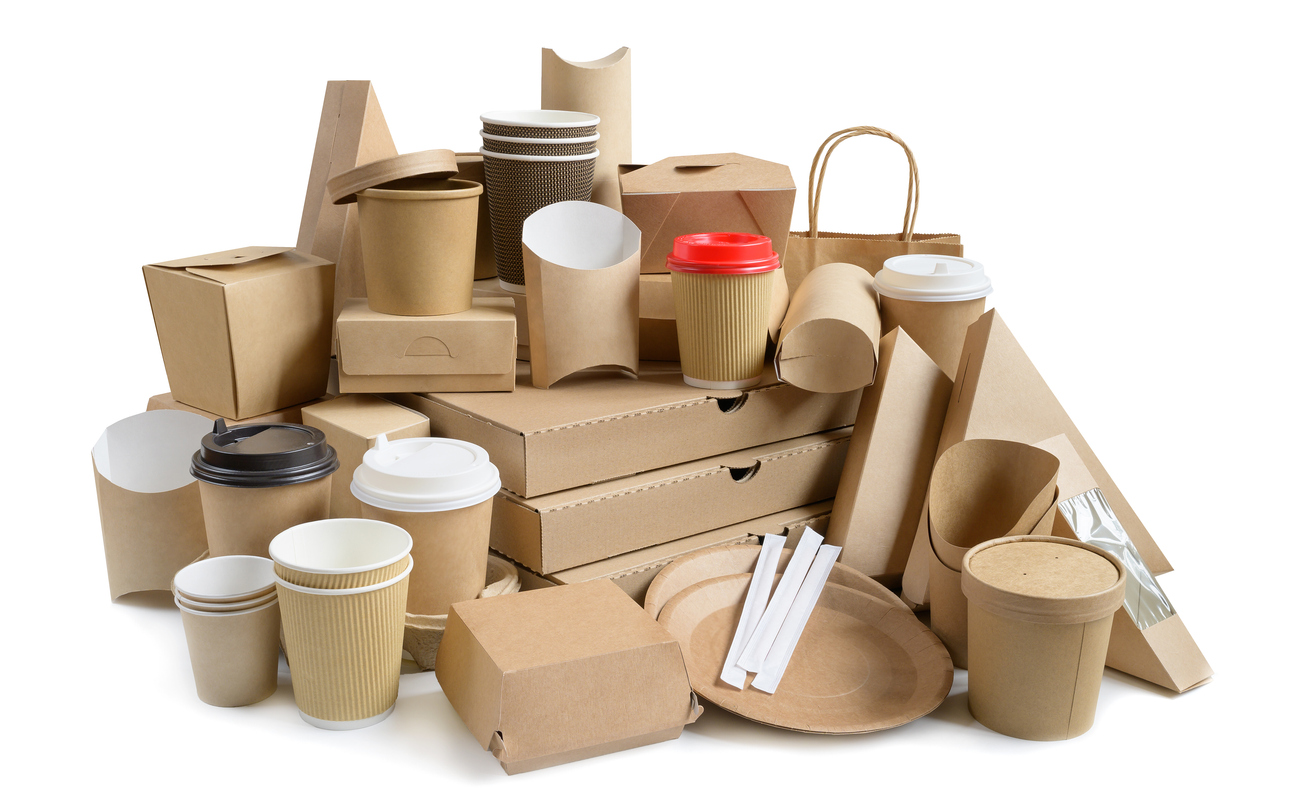Construction Equipment Leasing in Nigeria – A Smarter Way to Build
The Nigerian construction sector is booming, driven by rapid urbanization, infrastructural development, and real estate expansion. However, high capital costs remain a major challenge for construction companies, contractors, and developers. This is where construction equipment leasing in Nigeria comes in—offering a cost-effective, flexible, and scalable alternative to outright equipment purchase.
In this article, we explore the benefits, challenges, and strategic advantages of leasing construction equipment, and how Wigmore Trading helps streamline the process for clients across Nigeria and West Africa.
What Is Construction Equipment Leasing?
Construction equipment leasing refers to the contractual arrangement where a lessee rents heavy machinery from a lessor for a specified period. It covers a wide range of machinery including:
-
Bulldozers
-
Excavators
-
Graders
-
Cranes
-
Backhoes
-
Concrete mixers
-
Forklifts
-
Asphalt pavers
Leasing allows companies to access premium equipment without the upfront financial burden of ownership, which is especially valuable for small to mid-sized construction firms or short-term project needs.
Why Lease Construction Equipment in Nigeria?
1. Reduced Capital Expenditure
Purchasing heavy equipment requires significant upfront investment, which may not be feasible for many businesses. Leasing frees up working capital for other operational needs.
2. Access to Modern Equipment
Leasing offers access to the latest models with advanced features, ensuring compliance with safety and environmental standards.
3. Maintenance & Support
Many leasing agreements include maintenance and servicing, reducing downtime and unexpected repair costs.
4. Flexibility
Construction projects vary in scope and duration. Leasing allows businesses to scale their equipment use as needed, whether short-term or long-term.
5. Tax Benefits
Lease payments may be tax-deductible, reducing overall taxable income.
Common Challenges in Equipment Leasing
While equipment leasing offers several advantages, some challenges still exist:
-
Finding reliable leasing partners
-
Understanding complex leasing contracts
-
Lack of transparency in pricing
-
Limited access in remote areas
This is where working with a trusted, experienced provider becomes essential.
How Wigmore Trading Can Help
At Wigmore Trading, we help Nigerian construction businesses overcome these obstacles by offering:
✔ Reliable Leasing Network
We partner with a vetted network of global and local equipment owners to provide well-maintained, high-performance machinery for all types of construction projects.
✔ Transparent Terms
We simplify lease agreements with transparent pricing, clear responsibilities, and flexible payment plans.
✔ Logistics Support
From delivery to site to pick-up after lease expiration, our logistics team ensures seamless operations across Nigeria.
✔ Advisory Services
Need help choosing the right equipment for your project? Our technical experts guide you through equipment selection, usage, and compliance.
Whether you’re a local contractor, multinational developer, or government agency, Wigmore Trading can help you unlock the value of construction equipment leasing in Nigeria.
Conclusion
As Nigeria’s infrastructure demand continues to grow, leasing construction equipment becomes not just an option, but a strategic advantage. It reduces costs, improves efficiency, and empowers businesses to stay competitive.
Contact Wigmore Trading today to streamline your equipment sourcing and project execution.








Comments are closed.